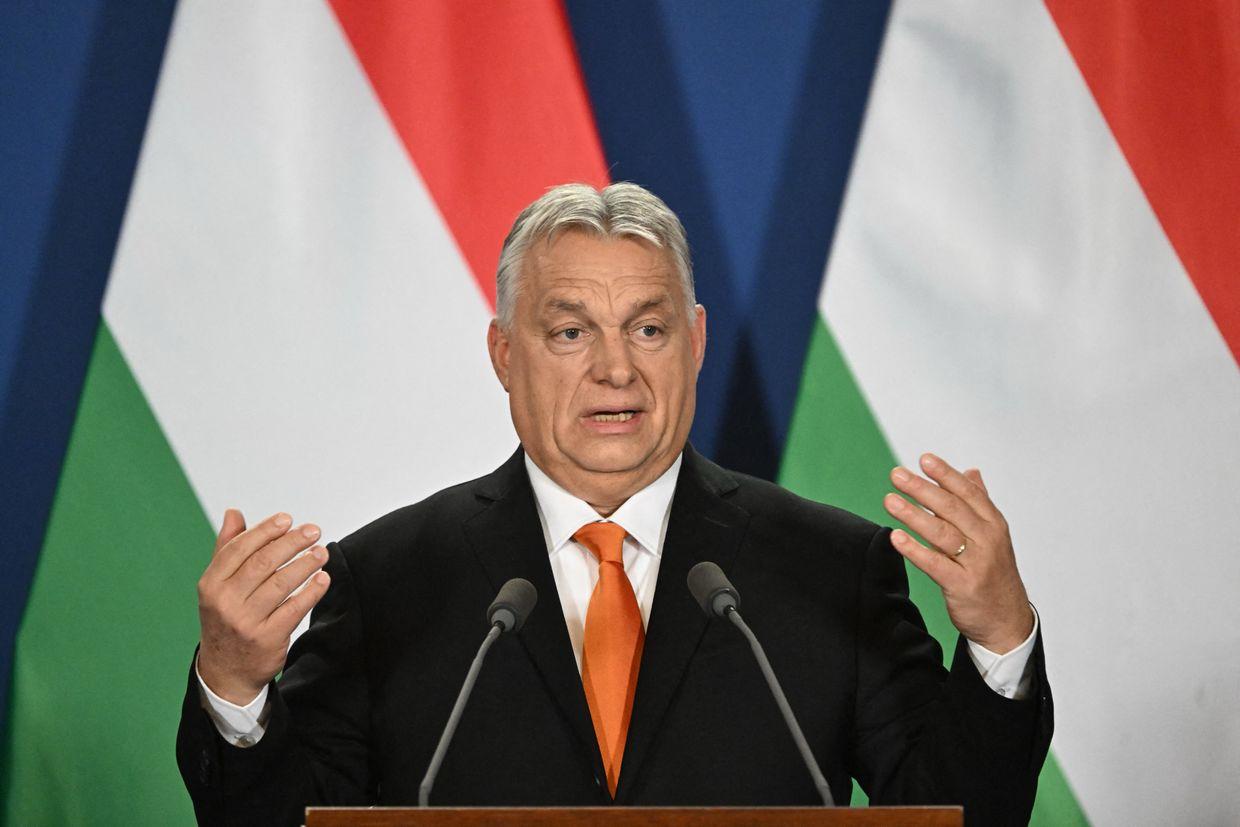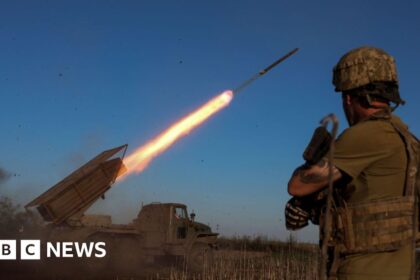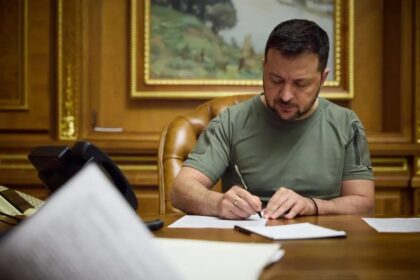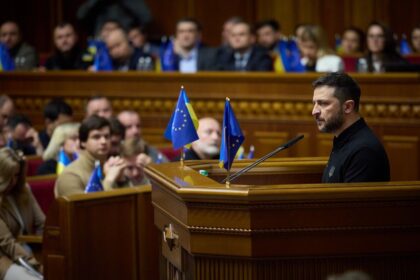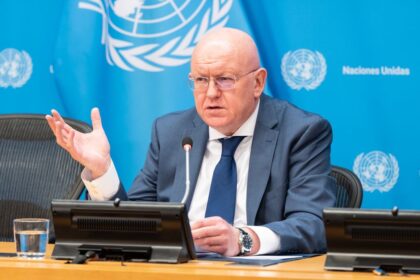**Hungary’s Orban Offers Ukraine Strategic Cooperation, Opposes EU Accession**
In a recent statement, Hungarian Prime Minister Viktor Orban has proposed “strategic cooperation” with Ukraine instead of full European Union integration. This move comes as Ukraine continues to apply for EU membership, which was granted candidate status in 2022.
According to Orban, Ukraine’s accession to the EU would drag the war into the heart of Europe, posing a risk that Hungarian families should not have to face. He emphasized the need for calm judgment and pragmatic thinking over “theatrical threats.” The Hungarian leader described his proposed partnership as “flexible” and “rooted in mutual interest,” distinguishing it from irreversible integration.
Orban’s comments come at a time when Ukraine has been applying for EU membership since Russia’s full-scale invasion in 2022. Hungary, however, has blocked or delayed military aid to Ukraine and maintained ties with Russian President Vladimir Putin. This stance has led many to view Orban as the EU’s most pro-Russian leader.
**Hungary Claims Overwhelming Opposition to Ukraine’s EU Membership**
Orban claimed that the majority of Hungarians oppose Ukraine’s EU membership. In a national consultation announced in June, the government said 95% of participants rejected Kyiv’s accession. The poll drew criticism over its credibility and turnout, with some users able to vote twice using different email addresses.
The opposition leader, Peter Magyar, dismissed the consultation as a “government propaganda campaign,” citing internal data from Magyar Posta indicating that only 3-7% of mailed ballots were returned. This led Magyar to conclude that it was the lowest-ever turnout for any such consultation.
**Deeper Analysis**
Orban’s proposal for strategic cooperation with Ukraine, rather than full EU integration, reflects his government’s long-standing ties with Russia and opposition to Ukrainian membership in the EU. Hungary’s veto power over further progress on Ukraine’s accession makes Orban’s stance significant, given the ongoing conflict between Russia and Ukraine.
The credibility of the national consultation is also a matter of concern, highlighting the need for transparent and fair polls. The low turnout in the poll raises questions about its legitimacy and whether it truly reflects the opinions of Hungarian citizens.
**What Does This Mean?**
Orban’s proposal for strategic cooperation with Ukraine may signal Hungary’s willingness to engage with Kyiv on a bilateral level, rather than through EU membership. However, this move is likely to be met with skepticism by Ukraine, which has been actively seeking EU integration.
In the context of the ongoing war between Russia and Ukraine, Orban’s stance raises concerns about the impact of Hungarian opposition to Ukrainian accession on the conflict. His government’s ties with Russia also suggest that Hungary may prioritize maintaining good relations with Moscow over supporting Ukraine in its bid for EU membership.
**Read More**
To learn more about this story and its implications, please visit our website at [kyivindependent.com](http://kyivindependent.com).




